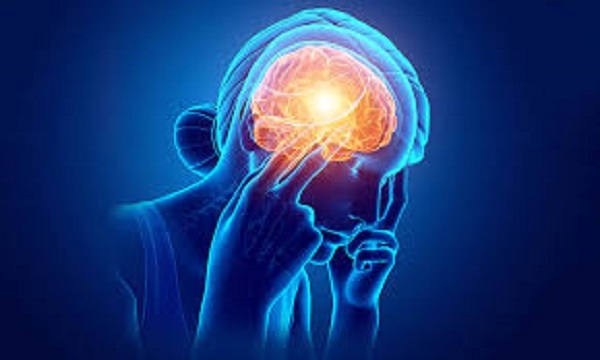
By Dr R B Chaudhary
A new understanding of migraine is offering hope to the estimated one billion people worldwide who suffer from the debilitating condition. Research is underway to untangle the complex causes of migraine, which is now recognized as a treatable and manageable condition.
Andrea West, a 70-year-old woman who has suffered from migraines for decades, is one of the lucky ones. She recently started taking a new medication called atogepant, which has completely eliminated her migraine attacks. It's marvelous stuff. It's genuinely changed my life, she says.
However, not everyone is as fortunate. Despite the development of new treatments such as gepants, which can prevent or relieve migraine attacks, many people continue to suffer from the condition. Researchers are now working to understand why these treatments are effective for some people but not others.
One theory is that migraine is a broad phenomenon that originates in the brain and can manifest in many different symptoms, including light sensitivity, aura, brain fog, and fatigue. I used to think that disability travels with pain, and it's only when the pain gets severe that people are impaired. That's not only false, but we have treatments to do something about it, says Richard Lipton, a neurologist at the Albert Einstein College of Medicine in New York City.
Researchers are also exploring the role of the hypothalamus, a region of the brain that is thought to play a key role in migraine. Studies have shown that the hypothalamus becomes overactive in the days leading up to a migraine attack, leading to changes in conscious experiences such as light and sound sensitivity.
While there is still much to be learned about migraine, researchers are optimistic that their new approach will lead to more effective treatments and a better understanding of the condition. We need to create new frameworks to understand how the brain activates the whole system of migraine, says Arne May, a neurologist at the University Medical Center Hamburg-Eppendor. (Author is Associated with Hindustan Samachar Representative of Tamilnadu State)
---------------
Hindusthan Samachar / Dr. R. B. Chaudhary








